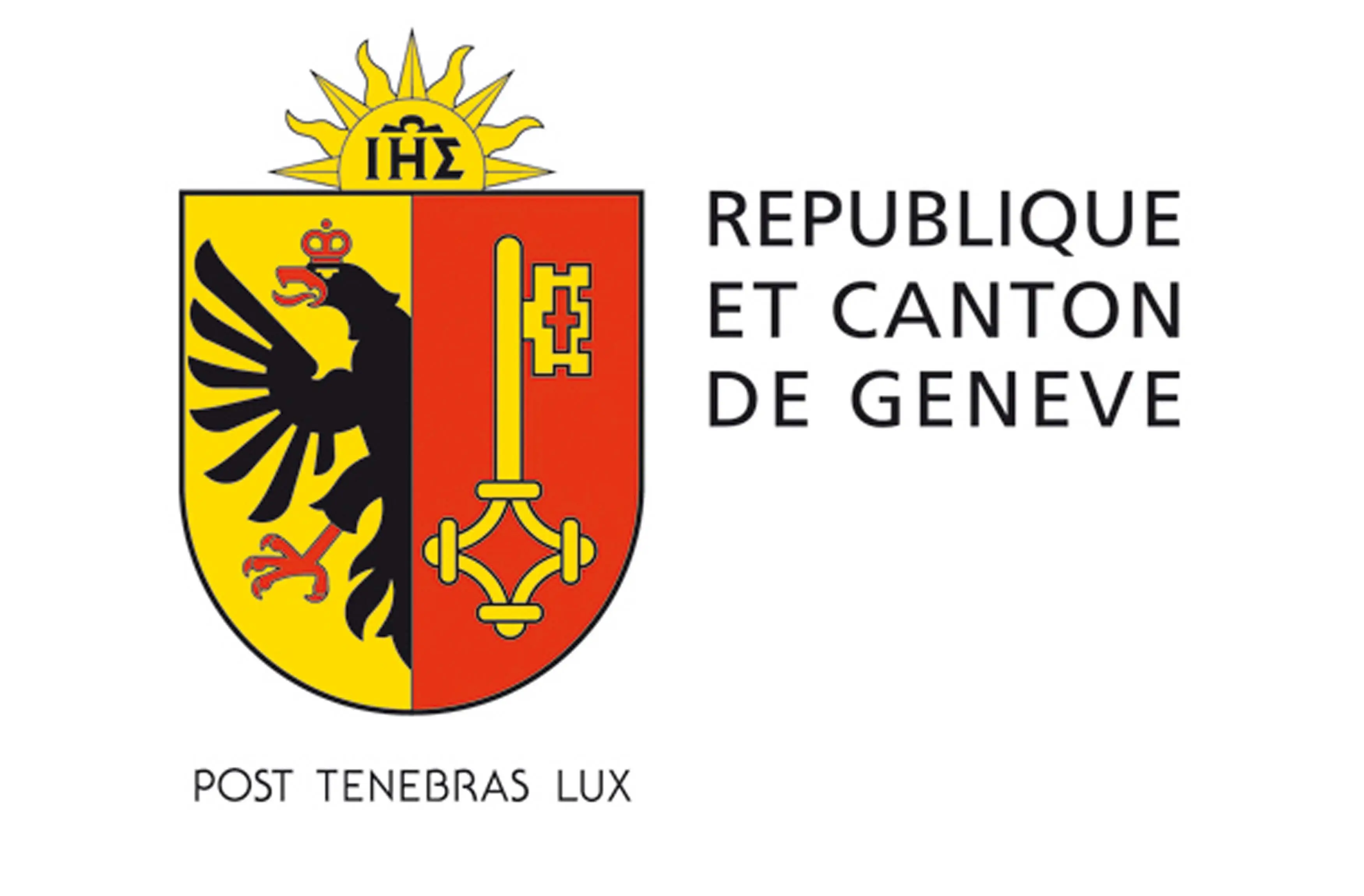Explore our comprehensive video library from the
9th World Heart Summit and 77th World Health Assembly
held in Geneva from 24-26 May, featuring key insights and discussions on global heart health initiatives.
Continue the journey with exclusive footage from the WHA77 Side Events, held from 27-29 May, capturing dynamic debates and collaborations aimed at shaping the future of public health policy.
These videos provide a vital resource for understanding the latest trends and strategies in heart health and international health policy development.
Cardiovascular health and environmental change A vital nexus
During this comprehensive session at the World Health Summit, experts explore the critical issue of air pollution and its profound effects on cardiovascular health. The video presents a series of discussions that highlight the links between air pollution, cardiovascular disease, and broader environmental changes. Key topics include the cardiovascular risks associated with particulate matter and other pollutants, the launch of the World Heart Report, and insights from leading researchers and policymakers on effective strategies to combat air pollution globally.
Closing the gap in Universal Health Coverage and health financing for CVD
Achieving Universal Health Coverage (UHC) is essential in addressing the global burden of cardiovascular disease (CVD), a major driver of out-of-pocket health expenditure that leads to poverty and undermines development. This Ministerial panel showcases examples from various regions that have scaled up efforts to achieve UHC, highlighting country strategies to boost financing for Non-Communicable Diseases (NCDs), particularly CVD, discussing challenges experienced in the process, and demonstrating that achieving UHC is a reachable goal.
Diverse health system approaches: From theory to real-life implementation and scale-up
This panel discussion at the summit focuses on the pressing challenges and innovative solutions in managing cardiovascular health, particularly emphasizing the global burden of rheumatic heart disease, which profoundly affects low-income countries. The dialogue underscores the critical importance of early diagnosis and patient-centered care in improving outcomes for those afflicted with this condition. The session highlights the necessity for healthcare innovation in developing handheld ultrasound devices and other technologies that facilitate early detection and effective treatment of heart conditions, especially in underserved areas. It also showcases examples of multisectoral collaboration, where technology, healthcare professionals, and civil society join forces to promote global health equity and accelerate systemic changes in the healthcare landscape.
CARDIO4Cities: A winning strategy to improve heart health for 150 million people
This panel discussion focuses on Cardio4Cities, an initiative aimed at enhancing cardiovascular health in urban settings. The conversation sheds light on the growing urban population’s health challenges, emphasizing the need to address cardiovascular diseases, which are preventable yet pose significant health and economic burdens. The speakers discuss the integration of local healthcare systems with innovative global health strategies, highlighting successful case studies from cities like São Paulo, which have shown remarkable improvement in managing cardiovascular risks. The role of data, particularly from the World Heart Observatory, is underscored in identifying risk hotspots and tailoring interventions. The discussion also touches on the economic impacts of health interventions, suggesting that effective health strategies can lead to substantial savings for governments. The panel advocates for multi-sectoral collaborations to foster scalable and sustainable health solutions in urban environments.
Addressing social determinants: Paving the way for improved cardiovascular health
Dive into this enlightening panel discussion that explores the crucial impact of social determinants on cardiovascular health. Our panel of experts from various global health sectors, including cardiology, public health, and urban planning, delve into how factors such as education, living conditions, and socioeconomic status influence cardiovascular risks and outcomes. This session highlights the importance of cross-sector collaboration and community engagement to effectively address these health disparities. Through engaging dialogue, the panel covers topics like the influence of urban planning on health, the role of nutrition in cardiovascular health, and the need for culturally sensitive healthcare solutions. They also discuss the impact of policies on health equity and how communities can leverage education and economic opportunities to improve health outcomes.
AI in cardiovascular health: Opportunities and threats
Join us for an insightful panel discussion on the transformative role of artificial intelligence (AI) in healthcare, examining its deployment across high, low, and middle-income countries. Experts delve into the integration of AI with healthcare infrastructures and its implications for patient care, especially in cardiovascular health. Discover the potential of AI to enhance diagnostics, improve patient adherence, and enable remote healthcare access through advanced telehealth platforms. The panel also addresses critical issues such as data privacy, the ethical use of AI, and the necessity of building trust between patients and AI-driven systems. With a focus on creating equitable health solutions, this conversation highlights both the challenges and remarkable opportunities AI presents for reshaping global health landscapes.
Breaking through: Communications in an era of plenty
In this compelling panel discussion, explore the intricate world of health communications and the escalating challenges posed by disinformation in today’s digital age. Our diverse group of experts dives into the critical issues impacting global health narratives, including the role of AI in managing the rapid pace of information and the societal impacts of nationalism and xenophobia on public health. They share insights on effective strategies for combating misinformation, the importance of robust health messaging, and the role of technology in shaping future health communications. This session is a must-watch for anyone interested in the intersections of media, technology, and health policy, offering thoughtful analyses and potential solutions to some of the most pressing issues facing our global community today.
The dual burden of CVD and mental health
Experts delve into the lesser-known connections between mental health issues like depression, anxiety, and PTSD, and their impact on heart health. The discussion covers groundbreaking evidence suggesting that treating mental health conditions may significantly improve cardiovascular outcomes. Additionally, the video explores public health policies and strategies for health care providers to better screen for cardiovascular risks among those with mental health challenges, and vice versa. Key topics include the scientific mechanisms behind these relationships, the emerging field of cardiac psychology, and the role of mental health in cardiac patient care. The panel also discusses innovative training models that integrate mental health and cardiac care, aiming to improve patient outcomes through holistic approaches. The video provides valuable insights from a diverse panel, including perspectives from the U.S. and Kenya, highlighting different challenges and innovations in integrating mental health care with cardiovascular treatment.
Joint session with WHO on HEARTS Technical package: current and future considerations for implementation
This panel discussion explores the implementation and impact of the HEARTS technical package by the World Health Organization, launched as part of the Global Health Initiative in 2018. The HEARTS initiative is aimed at managing hypertension and other cardiovascular risk factors at the primary care level across more than 40 countries. It provides a systematic public health approach to tackle hypertension using a simplified module that includes guidelines for drug protocols, ensuring the availability of blood pressure devices, access to essential medicines, and the establishment of team-based care approaches. The session delves into the real-world impacts of the HEARTS initiative, presenting case studies from various countries to highlight successes and discuss future directions. The discussion emphasizes the necessity of a simplified, scalable approach to manage hypertension globally and explores strategies for integrating these practices into primary healthcare systems to enhance the effectiveness and reach of cardiovascular disease prevention and treatment.
Her heart matters: Advancing women’s cardiovascular health
The panel addressed the critical issue of cardiovascular disease (CVD) among women, highlighting how it is the leading cause of death yet remains underdiagnosed and undertreated. Discussions covered the unique challenges and disparities in diagnosis and treatment for women, including how symptoms of heart attacks can differ from men and are often overlooked by health professionals. The panel also explored the underrepresentation of women in cardiovascular clinical trials, which significantly impacts the effectiveness of treatments and patient outcomes. Various speakers, including patient advocates, researchers, and medical professionals, shared insights and personal experiences to underline the urgent need for better cardiovascular care tailored to women.
The triple threat of CVD, climate change and ultra processed food
This panel discussion delves into the intricate relationships between ultra-processed foods, climate change, cardiovascular health, and sustainability. The conversation begins by recognizing the significant role of ultra-processed foods in both environmental degradation and health issues such as cardiovascular diseases. Panelists discuss the impact of these foods on both personal health and global ecosystems, emphasizing the need for increased public awareness and policy measures like taxation, labeling laws, and advertising restrictions. A significant portion of the discussion focuses on the possible strategies for mitigating these issues, including cross-sector collaboration among healthcare professionals, environmental scientists, policymakers, and the food industry. The panel explores the feasibility of such collaborations and potential policy interventions aimed at reducing the production and consumption of ultra-processed foods. The overarching theme is the urgent need for systemic changes to promote healthier, more sustainable dietary patterns across populations.
Charting the course to 2025: Navigating cardiovascular health priorities at the UNHLM on NCDs
This panel discussion revolves around the urgent global health issue of non-communicable diseases (NCDs), focusing on the upcoming fourth U.N. high-level meeting and the pressing need for accelerated action to meet established global NCD targets. The dialogue highlights the inequities and rising burden of NCDs worldwide, exacerbated by insufficient international cooperation and support. Key themes include the critical necessity for leadership, enhanced funding, and integrated global strategies to address these diseases, which are increasingly linked to socio-economic, environmental, and systemic health determinants. The panel also emphasizes the importance of community involvement, government accountability, and the strategic deployment of resources to effectively combat NCDs on a global scale.
THE WORLD HEART SUMMIT IS MADE POSSIBLE BY THE FOLLOWING PARTNERS














